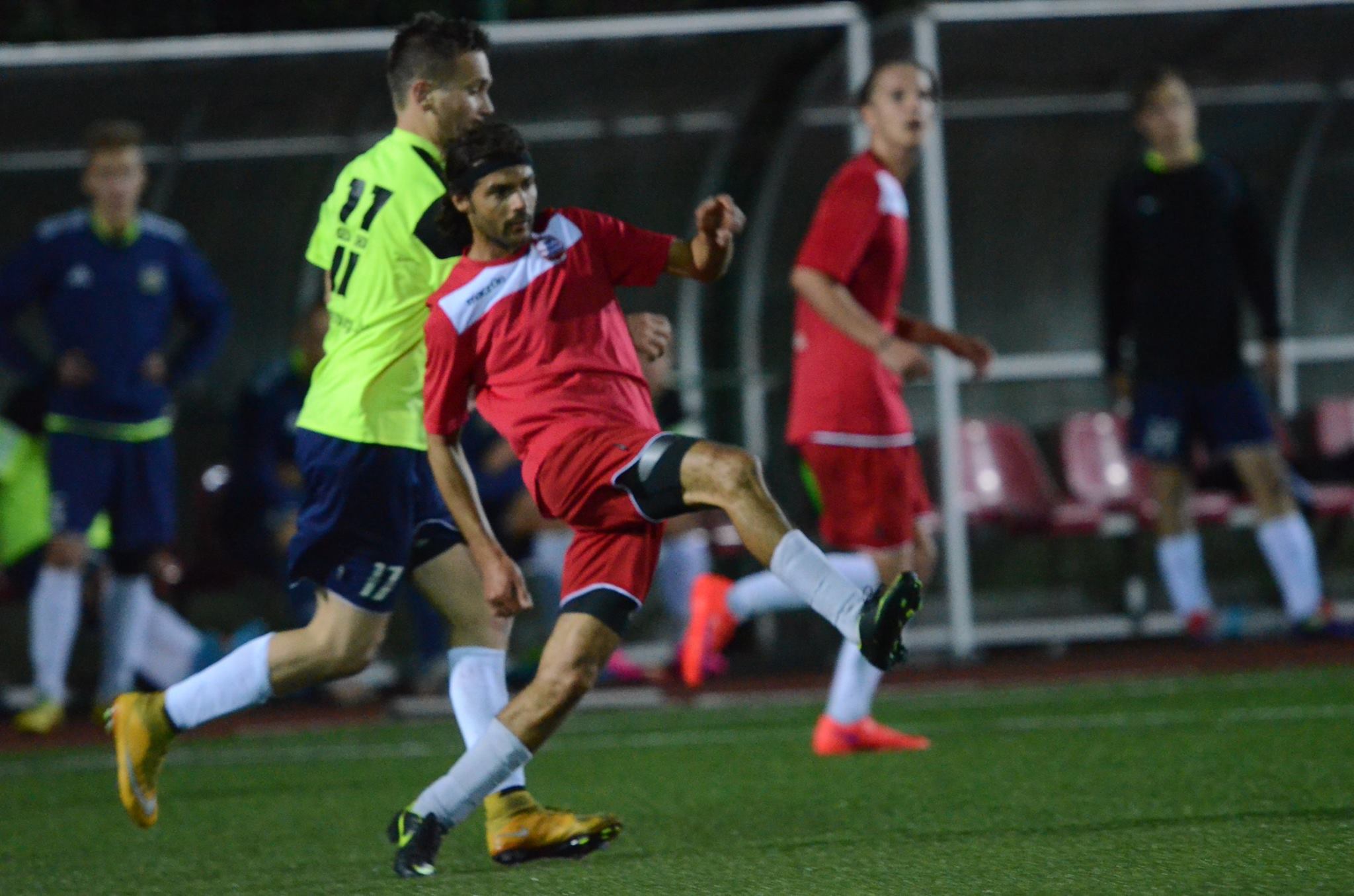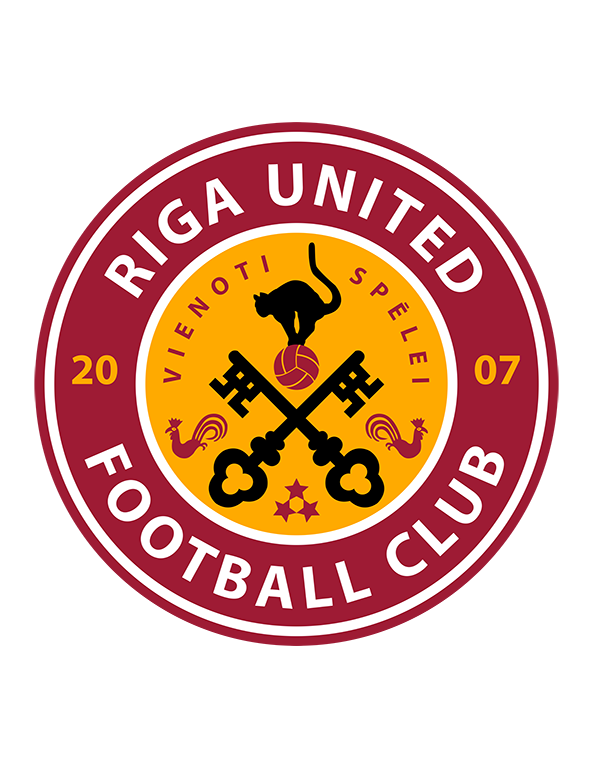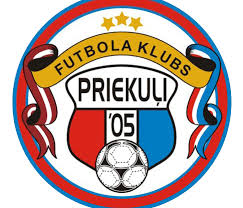When I met a Magician
04 / 09 / 2019

Rosh Rao
I grew up learning to play football on the streets of Abu Dhabi. The nation was home to hundreds of immigrants, especially from different countries from the Arab World. We often played barefooted, late into the night when the asphalt wouldn’t scald the bottom of our soles. The parking lots, backyards and unattended real estates would be an opportunity to share a piece of land with all kinds of barefooted individuals over a game that ran deep in our veins.
If we were lucky, we’d find a pitch with grass and goal posts every once in a while, and manage a decent game before it would get too crowded and chaotic, even violent. Official pitches were owned by rich clubs who mostly recruited only local emiratis. As an immigrant you had to find love in the raw forms of the game.
There was nothing tactical about playing with Arabs, but it was all about style, technique and flair. So, you’ve been at the core of your team’s defence, won all your aerials and managed a close to perfect pass accuracy? Nobody cared. How many dribbles have you done defenders with, or more specifically, how many nutmegs this game? Those earned you respect.
The game is nothing without magic. By those standards, a grass pitch was seldom an opportunity to float some ping balls across the field. It was just an excuse to attempt the revered bicycle volley. In fact attempting a bicycle in a game was an honest representation of where you came from. Pelé once said, ‘The bicycle kick is not easy to do.’
Riga United FC gave me my first taste of football in Europe. Despite being an amateur club playing in the regional division, it was a hub for players from different parts of the continent – Germany, England, France, Spain – who most often grew up learning the game at proper academies back home. The difference in priorities for the same game was evident. It was miles away from the streets, here we played for three points.
The game is nothing without magic.
Yet, in the first game I attended of United, guess who caught my eye? A fellow Arab. His name was Kareem. They called him the ‘Moroccan magician.’ The way he received the ball with his slender legs and moved past players reminded me all about the streets. There was something about his game that seemed to slow down time. It cannot be explained in numbers or actions what exactly it was.
No coincidence, it’s a bit like watching Zidane play among other greats of the game. It was about the stepovers, the roulettes. The magic was in the movement. It’s about the way he danced past opponents who were determined to not make themselves look like they were playing another sport. It was never a lack of respect, but rather a love of magic. His game was an art that transcended pragmatism.
You can’t be an Arab and not be a bit crazy in the head. Beneath the veneer of compassion and humility is a congenital affinity for a shot of adrenaline every once in a while. I barely paid notice to it, until I moved out of the Middle East. Only when you come to a complex society like most of Europe, you realise rationality is the reason you don’t drive your 4-wheeler on two wheels or attempt a bicycle kick when your team is really looking for that crucial point.
It was never a lack of respect, but rather a love of magic.
It was outrageous. I think Kareem’s teammates around him frowned after he attempted it. “What was wrong with a simple header?” He completely mishit it, and it was a good opportunity to get ahead in the game. He was totally unmarked. Now he had blown it, going for the spectacular – or even the unthinkable. How many times a week in the Latvian football league do you witness goals scored by bicycle volleys? Especially in the second division, at an amateur club fixture on old generation artificial turf. Not too many.
But this was Kareem. He was there to turn heads. His responsibility as a magician preceded that of a centre forward. Hence he wore the illustrious number 7. If not, he’d have worn any other number to fulfil the protocol. I went and caught him after the game and said, "Salaam aleik, ya akhii." “Greetings to you, brother. It is a pleasure to meet you. You remind me of home.”
Over the next two years, we’d have a lot of interesting conversations. He spoke beautifully about Essaouira, where he came from in Morocco, about the food and the beaches. Even our teammates, like Josu from Spain who visited him in Morocco, spoke about his home like it was paradise. A paradise where gems like Kareem came from. I once asked him about a striker’s movement after training. I remember him looking at me with his smile that stretched across his eyes, "My friend, in football you have to think geometry, but on the pitch.”
He was on and off at the club, and we all understood that he was probably recovering from an injury. But he was in his early thirties and clearly in his prime. His time away from the pitch did not make him rusty at all. In fact he came back smiling more often, even elegant with his long curly hair that he now needed to set back with a band during games.
"My friend, in football you have to think geometry, but on the pitch.” - Karim
And then came that evening, in a poorly lit public school pitch where United trained and played their home games – School 49, against United’s then most formidable opponents FC Caramba. It was the 8th minute when United won a corner. It didn’t matter where you were watching that game from, it couldn’t be missed:
Not before long, the ball came floating over the penalty spot, between the 6-yard and 18-yard boxes. Surely those are heavily marked zones. But not where you could reach Kareem. That altitude is a zone that belonged to him. He was already six feet in the air, and horizontal. That ‘son of a ..’ He did it! Bloody hell. He pulled it off. What did we just see? It was where Kareem had longed to be, up there far from reach, of any of us mortals. It was a goal, but it was so much more than just that.
My last conversation with Kareem was at our friend Emīls’ birthday evening. We were listening to music by Cheb Khaled and talking about where we learned to play football. Emīls lit a joint and passed it around talking about how once Kareem and him went to an empty pitch to play. Kareem had promised to show him some tricks, but he showed up barefooted. And his technique was twice as good.
There’s a film about Zidane (which can be even found on Youtube) called Zidane: A 21st century portrait. It’s an art film where a camera focusses on the master for 90 minutes capturing his every action, every emotion during the game, with the music from Mogwai occasionally embellishing the visual. That’s it. But that is more than a treat if you’re a football player. It takes you to another dimension. I told Kareem about it. He was very interested. I told him, ‘Ya akhii, someday we should watch it, over a joint.’ He just smiled.
A couple of months later, I was in a lecture when Emīls texted me that Kareem was no more. “What do you mean, no more? He’s no more crazy?” That would have been harder to believe. In some way he was destined to be a myth among us. I rushed to Josu’s place where we met and reminisced his myth in part disbelief, and part solemnity. He was suffering silently among us, but with an outwardly smile that never gave it away. The magician had disappeared. There was no longer going to be any of his magic, on a football pitch.
Kareem’s legacy represented the values of a club like Riga United, where the world is welcome with all its colour and charm. Where every player holds an additional responsibility, along with playing football, to uphold the beauty of the beautiful game, as Pelé called it. I would never know if Karim did watch that art film on Zidane. But he definitely left vivid images of his own in those who watched him play.
There was no longer going to be any of his magic, on a football pitch.
Players like Kareem don’t exist in records or trophies. You won’t find him on the goal records on a Wikipedia page. Players like Kareem need to be experienced, in person. Only then will you believe in magic.



